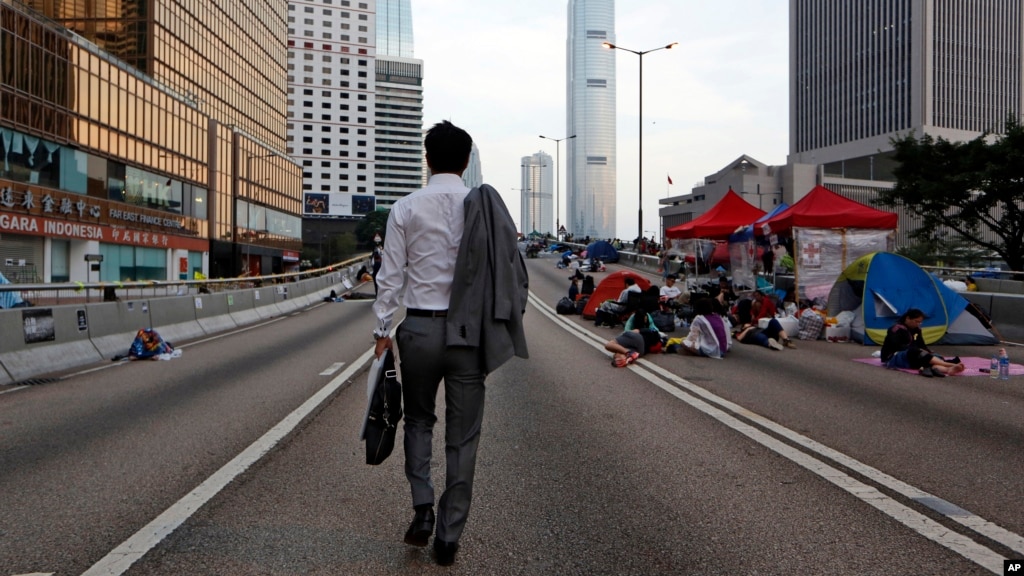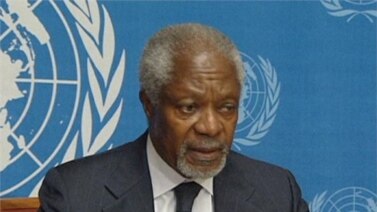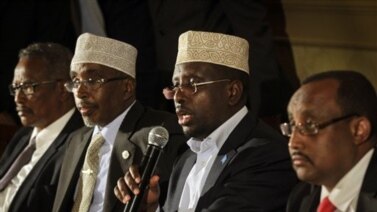
Occupy Central student leaders and government officials have agreed to guidelines for discussing the protest’s demands for political reform.
The sides agreed to the guidelines as the protesters eased up allowing government workers back to their offices. Many protesters had feared that riot police would remove them by force.
Lester Shum is a leader of the Hong Kong Federation of Students. Mr. Shum set the terms of any future talks between city leaders and the protesters in a meeting on Monday with a government official.
As part of the terms, both sides agreed that the Hong Kong government would be required to carry out any deals reached in meetings. More talks between the two sides will be held on Tuesday.
Hong Kong's Chief Executive Leung Chun-ying said Monday that the government is "sincere in having dialogue on constitutional development" with the protesters. The students are demanding Beijing not approve the territory's political candidates.
Some schools and businesses remain closed after 11 days of protest. The protest was the most serious unrest in Hong Kong since the territory returned to China in 1997.
South Korea president calls for regular talks with North
South Korean President Park Geun-hye is calling for regular talks between Seoul and Pyongyang. The comment on Monday followed a sudden and rare visit to South Korea by top North Korean officials.
The eleven-member North Korean delegation was led by the vice chairman of the powerful National Defense Commission. Vice Marshal Hwang Pyong-so is considered the second-most powerful figure in North Korea, behind leader Kim Jong Un.
President Park said efforts should be made “to ensure that the upcoming high-level talks will pave a way for peaceful unification by holding regular inter-Korean dialog, not just a one-time dialogue.”
The meeting between North and South Korea came at a time of increased interest in the health of Kim Jong Un.
Kim has not appeared in public for more than a month.
Brazil to hold second round of presidential elections
Brazilian President Dilma Rousseff and Social Democrat presidential candidate Aecio Neves are headed to an October 26 runoff, or second round, election.
Ms. Rousseff, a leftist running for her second four-year term, received 42 percent of the vote, held on Sunday. Mr. Neves had 34 percent. The runoff election will be held because no candidate received a majority of the vote.
The runoff candidates are from Brazil's two most powerful parties, Rousseff's Workers' Party and Neves's Social Democratic Party.
Words in this Story
guideline – n. a general rule, principle, or piece of advice.
carry out – phrasal verb. to complete a plan
delegation – n. a group of delegates or representatives
runoff – n. a further competition, election, or race, after a tie or inconclusive result.
candidate – n. a person who is nominated for or running in an election
Now it’s your turn to use these Words in this Story. In the comments section, write a sentence using one of these words and we will provide feedback on your use of vocabulary and grammar.




